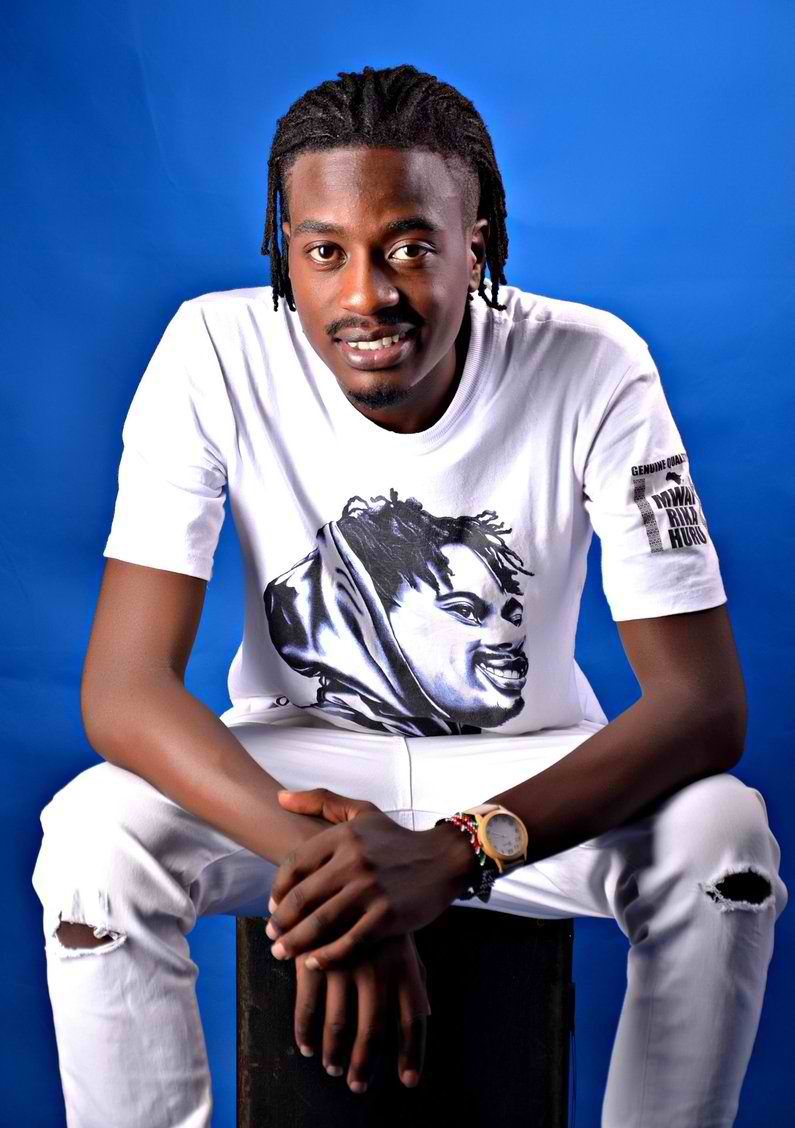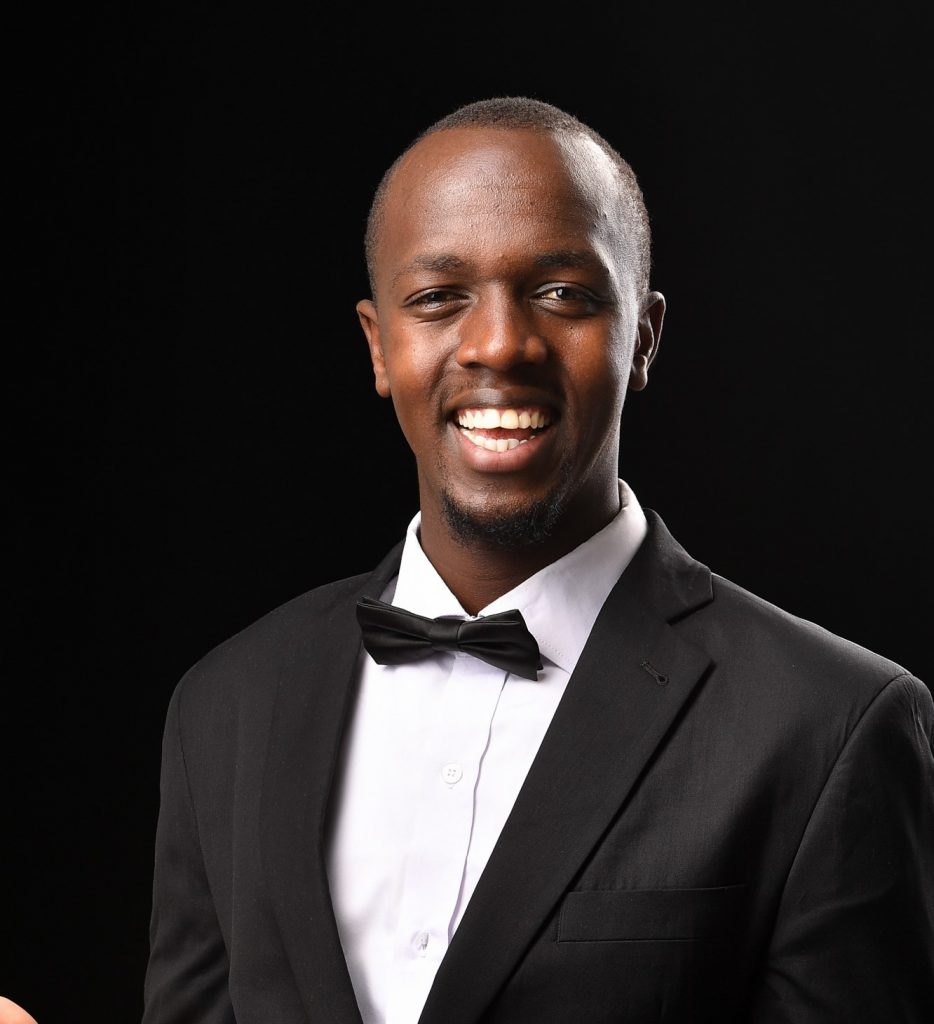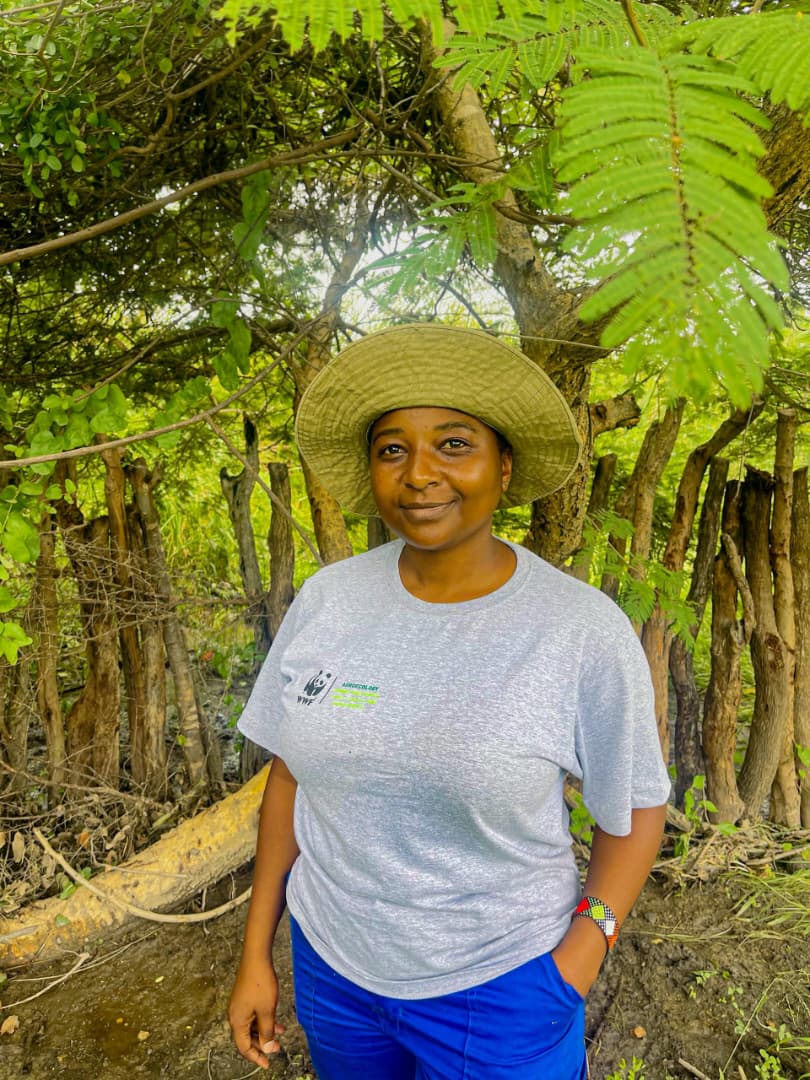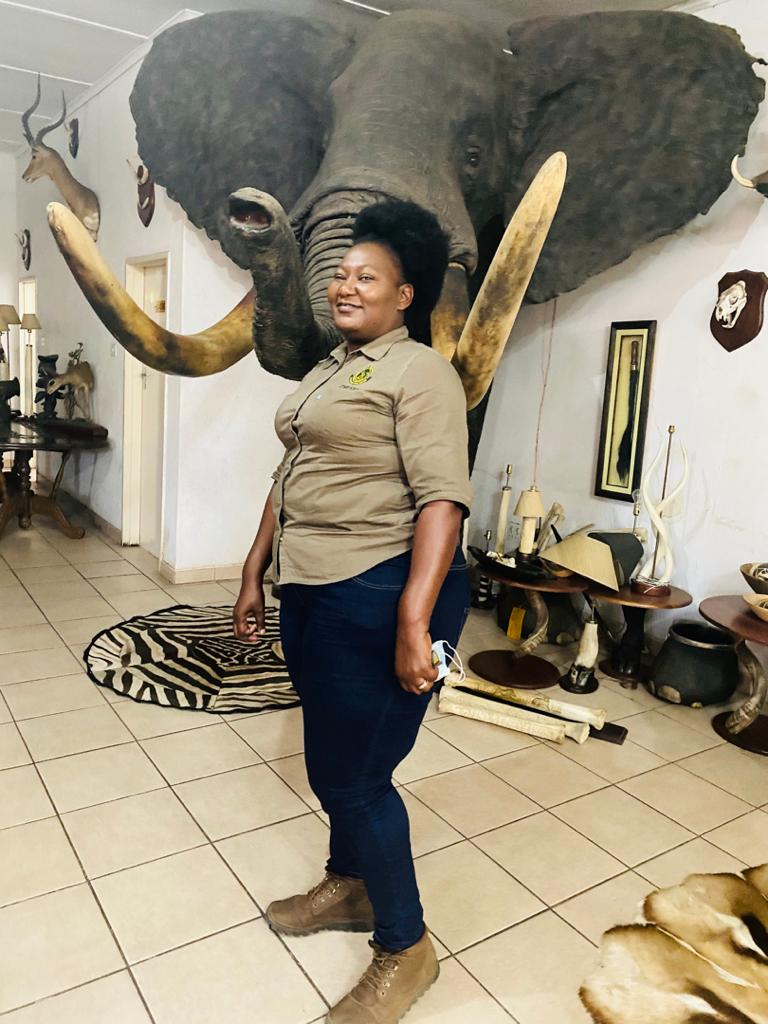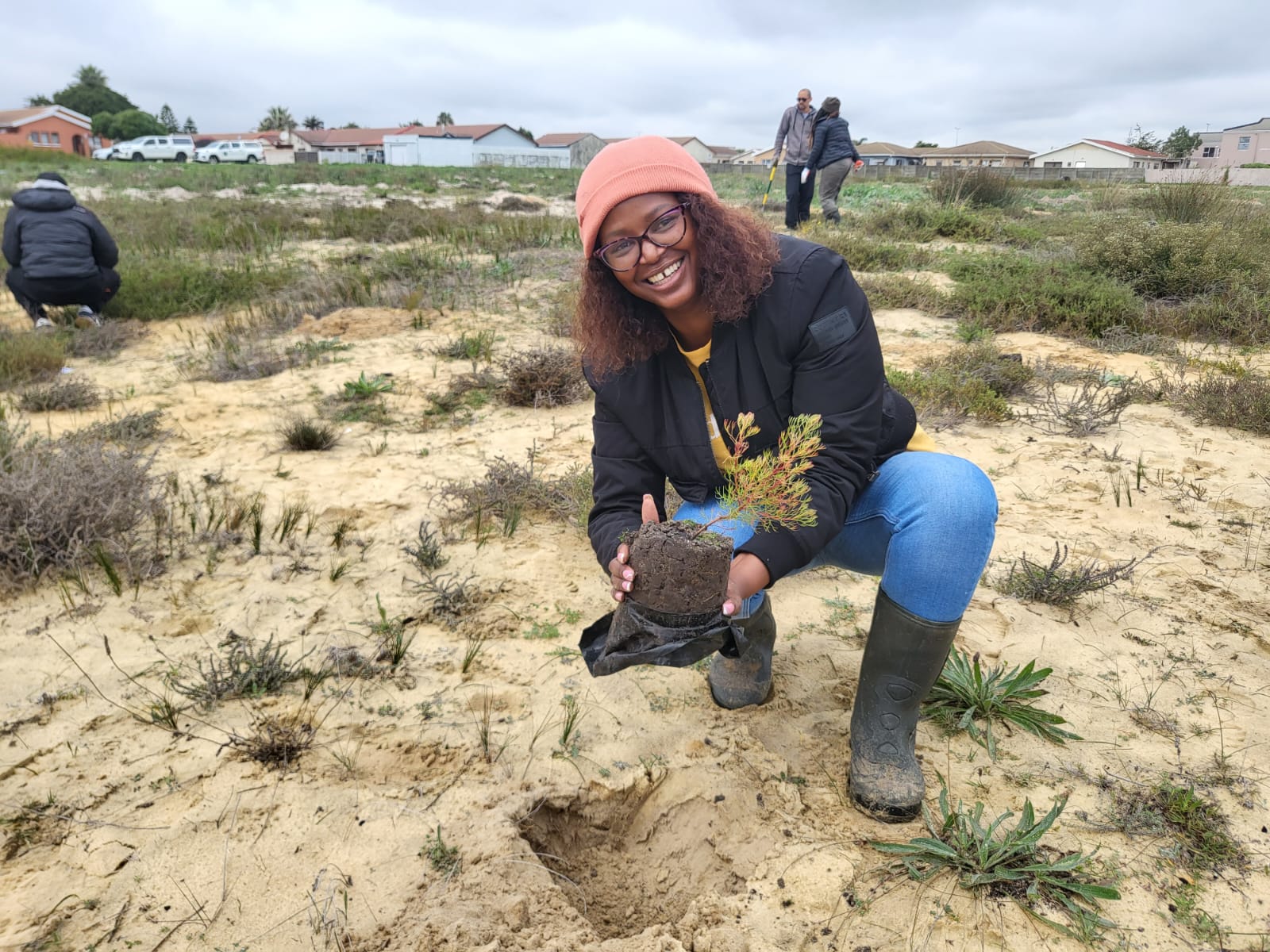As an artist, you cannot do everything. What you can do is to inspire the minds that will bring change.
Willie Oeba is a celebrated spoken word artist from Nakuru. His lyricism has awed many including King Kaka of the Kaka Empire. His exceptional artistry has seen him clinch the title for Blaze BYOB, Nakuru Edition, and East African Spoken Word Championships in 2018.
Under his belt are two albums with a third set to drop later in the year. His two albums are ISM, which was inspired by his hometown, Nakuru, and the second one was a series of letters inspired by social activism, a result of a near-death experience. He was almost killed due to mistaken identity. The policeman who almost shot him thought he was a member of a notorious gang in Nakuru because he was rocking baby locks.

Now that you have this huge platform, how do you use it?
I use my platform to highlight things that I am going through, knowing that someone else may be going through similar things. At the end of the day, if I speak to one person, then I have spoken to many.
Nakuru has recently been updated to city status. I know you are passionate about this city. What makes you so proud of it?
I love Nakuru because of the people. My friends, family, and fans have made me who I am today. Even if I move or travel, I remain a proud Naxvegan. They say you can remove a man from the city, but not the city from the man. As an artist, I started in Nakuru. The people here taught me what works and what doesn’t. They have been my fans from day one. Even if I go to Amsterdam today, I remain loyal to my city.
In one of your first pieces, Dear Mama, you highlighted the struggles you and your mum went through while you were growing up. Do you mind indulging us in your story?
It wasn’t easy, especially being raised by a single mom. The struggle was real. We struggled with food, rent, school fees, and other basic needs. But I believe all those struggles made me want to be something. This is how I think about it: if I had everything I needed while growing up, maybe I wouldn’t be the person I am today. I wouldn’t have anything to aspire to. Moving from nothing and making something for yourself...that’s a movie in itself. That kind of life gives you aspirations.
The person I am today is attributed to my background because every day I wake up and I want to be better, to do better. That is what has given me consistency. They say consistency is the only thing failure can’t keep up with. Even if what you are doing is not bearing fruits, if you are consistent, eventually it will work out.
Your mother certainly is an iron lady for raising a champ like you. What’s one story about her that sticks in your head?
My dad decided to relocate and move back to the village. My mother was not in favour of this since she knew that in the village, her children would not receive the type of education she wanted for them. So she decided to stay in Nakuru and took on the responsibility of single-handedly raising and educating the five of us.
What was your first encounter with poetry?
I went to school at Bondeni Primary school in Nakuru. The school was big on poetry and choral verses. They even performed at the statehouse gala. That is where I encountered poetry for the first time. I was the backup plan to the main performer at the gala event. It so happened that the main performer fell ill and I was the one to perform at the zonal level. However, on the day of the zonal competition, he showed up. Luckily, we were both allowed to perform, and I clinched position one. But the teacher didn’t believe in me because the main performer had performed up to the national level. For the regionals, the teacher chose the other poet to perform, using my name. That got me thinking, because while the judges thought I was good, the teacher didn't believed in me.
The following year, I went all out and eventually got to be the main performer. When I got to high school I started writing and performing my own the pieces. Then after high school, I joined Upgrade Poetry, which was a spoken word group in Nakuru. At the same time, I was listening to Juliani a lot. He intrigued me because his music was not exactly like rap music. His was different. That inspired me to be a lyricist. I then listened to Teardrops and I realised that what he did was exactly what I wanted to do.
The last time we met, you told me some profound words about perception. Do you mind recapping that?
Yes. Perception is the new reality. For instance, the artist that you know, what you see is not who they really are. What you see is a perception; the branding. The reality of who they are is different. We merely see what is being shown. As an artist, therefore, you should be keen on what you are letting in because that could end up being the reality. That’s why I say, spoken word is the art of what you say when you say it and most importantly, how you say it.
Tell us about your branding now, the ISM brand.
Ism is from the suffix, lyricism. Everything in my poetry is about lyricism. When I express myself, I do that lyrically. I have invested a lot in that. When I combine the prefix with my name Oeba it becomes Oeba-ism. It is really difficult to express emotionally and lyrically at the same time. So that is what I am working on consistently.
In the streets, people call you king. How does this influence the way you go about life and your art?
I am humbled. That means a lot to me. They say to whom much is given much is expected. So I have gone out to do collaborations with other artists. I think I have done the most poetry collaborations in Kenya. Spoken word is performance art, but I have been trailblazing the recording of spoken word while still maintaining the aesthetical value of my pieces. I also have to do a lot of research so that I can encompass the voices of as many people as I can, and express that lyrically. Lastly, it is just about mentoring upcoming artists. One of the challenges we have is lazy writing. I try to highlight that and inspire people to become better lyricists.
What is your creative process?
My process is the vibe. I have to be in my element. There are pieces I write for months, and there are pieces that are developed instantaneously. When I want to write, I listen to artists like Sia, Emeli Sande, Kesha, and Beyonce. Their melodies give me such a vibe. Also, there are times I write pieces with timelines because of given events, and there are times I write open pieces with no timelines. I think my only ritual, is having my phone off and a neutral person in the studio so that I can bounce my performance energy off them.
What do you think is the role of artists in society?
An artist is a leader and a reflection of society. The role of art is to highlight issues and to offer direction. If you only highlight then you will just be whining, but if you highlight and give direction then you are giving hope. At this moment, we have a lot of problems. The political arena is not healthy, living standards are deplorable, and our national debt is off the charts. The role of the artist is to bring these issues to light. It’s similar to a journalist. They both serve the agenda-setting role. Apart from entertainment, artists should lead in the pursuit of the better for the people. We should build hope as artists and offer a way forward.
Uganda's, Bobi Wine has taken this very seriously and now wants to be in play to change people’s lives. Do you think Kenyan artists should also step it up and enter the boardrooms or should we only advocate through our art?
Either one could work, but I think the greatest form of leadership is found in delegation. Tupac said the intention of an artist is not to change the world but to inspire the mind that will change the world. As an artist, you cannot do everything. What you can do is inspire the minds that will bring change. This is why artists who, for instance, join politics, end up not being the change people needed. They never appreciated the art of delegation.
Your artistic journey recently took a turn to become more activist in nature. What prompted that change?
I was nearly shot by a policeman because of mistaken identity. When you face such a life-threatening situation, your perspective on life changes. Before that disturbing event, I used to write romantic and entertaining pieces, packed with punch lines and everything but I came to realise that life is more real than that and people are going through a lot. So many young people are getting murdered and no one does anything about it. That day I didn’t die but the fear in me died. From then on, I started writing about social justice. I still write about love, though, but I focus more on social justice.
You have written pieces critiquing the President and his deputy. If you were given a chance to have a sit-down with either or both, what would you tell them?
The last album I did was a series of letters. In it, I present the following pieces: Dear Dad, Dear God, Dear Mr. President, and Dear Mr. Deputy President. I didn’t have the opportunity to meet the President but I had a pen, paper, and a booth. Just the other day, Big Ted, the State House Deputy Director for Branding and Events, told me that actually, the president got to listen to my piece. That is exactly what I would have told him and I think he has heard it. I am also set to meet the Nakuru governor on the issue of artists in Nakuru and I am going to just tell him the truth. There are no systems and structures to support artists.
If I had time for only one piece, what piece would you recommend?
I would recommend Dear God.
Of late I have seen you using the phrase 'Mungu Anasaidia'. Why is this?
I have many slogans in life depending on how I am feeling. At times it is fire on ice; other times it's design, design; or legendary; but right now I feel like, Mungu Anasaidia. But my all-time mantra is: You cannot have everything you want and at the same time the excuse of not having them. Meaning you either choose to have them or live with the excuses of why you don't have them.
What is your advice to young people?
Time is not a man’s friend. Do what you've got to do, right now. I feel I should have started recording a long time ago but I chickened out. If I started recording then, I think today I would be in a different place. Remember, we do not become to do, we do to become. Trust the process and put in the work.
What should we be on the lookout for in the near future?
I am working on my third album that will drop towards the end of the year. The album is called, Signatures to Autographs. Mungu Anasaidia is one of the tracks there. I have also collaborated with Nacha, a Tanzanian artist. Be on the lookout for that. The album has been produced by a Tanzanian producer called Bear, who has previously worked with the likes of Vanessa Mdee and Juma Jux.
Also read: Injustice Anywhere Is a Threat to Justice Everywhere: 10 Kenyan Activists You Should Know About

